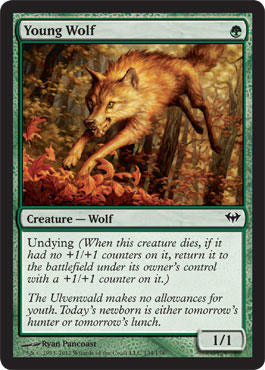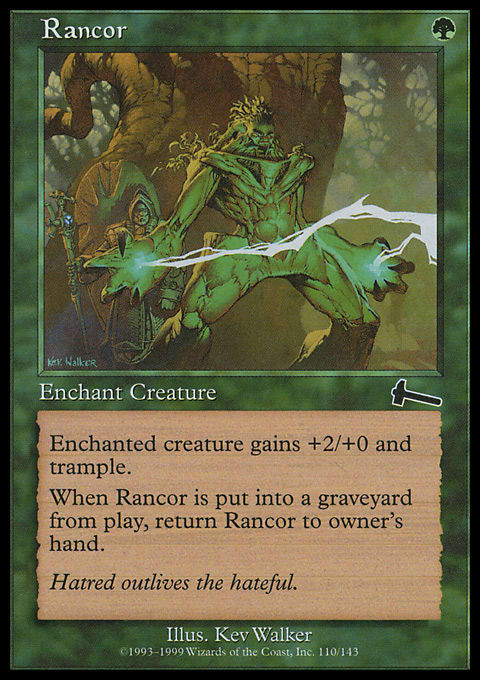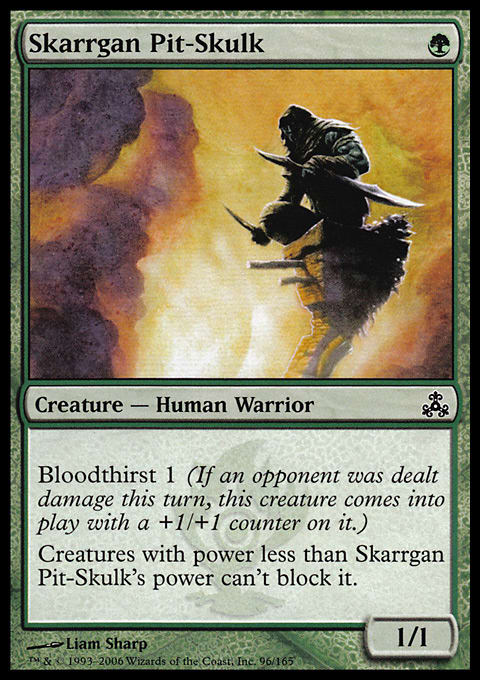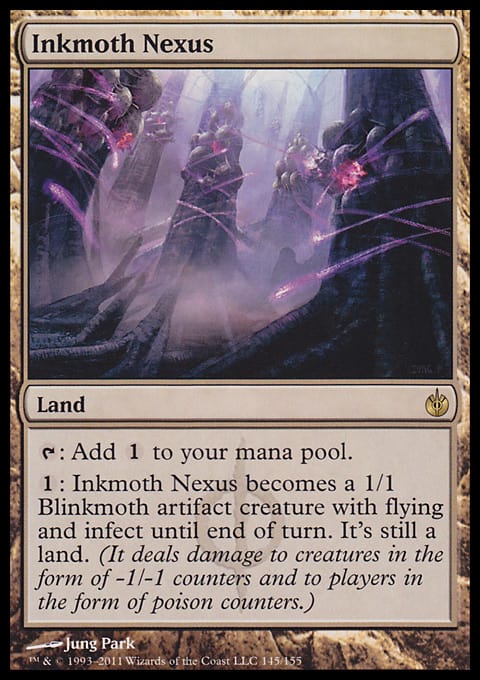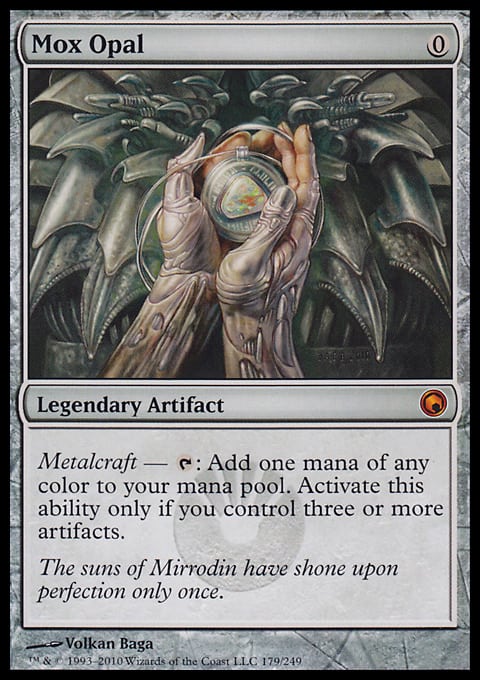Be sure to check out part 1: Getting Established In Paper
When people first play Magic, they learn by playing the paper version of the game. It's not hard to find yourself hanging with friends or family and they offer to show you. You could also have already played another game such as Yu-Gi-Oh! or Pokemon and thought Magic looked cool. These days, people are starting to learn through digital versions of the game. Starting in 2009, variations of the game Duels of the Planeswalkers were released through various gaming platforms and offered tutorials as well as a basic, yet fun, Magic experience. Today, we see a similar experience in the new MTG Arena which, thanks in part to the ever-growing streamer base on Twitch, is exposing even more people to the game. Even if you've never played before, it's easier than ever to jump into the world of digital Magic.
When it comes to being competitive, however, it's not quite so easy to utilize these platforms. In actuality, the premier competitive platform for digital Magic: The Gathering play is Magic Online. The client has its share of issues, such as a very dated and confusing interface as well as a history of game-breaking bugs. As such, it can be a bit daunting to try diving in yourself. Don't worry though, because I'm here to help.
Getting Started
Doing the initial setup for Magic Online is arguably the most challenging part of entering into the world of competitive digital play. When you first load up MTG Arena, you register an account and are then swept off to a tutorial game before being given a small package of beginner decks and a handful of boosters. It's all free to start and is something you can further build overtime. Conversely, Magic Online is much closer to the true Magic experience. It costs you $10 to set up an account, and once you do it gives you an account containing a smattering of commons and uncommons from Standard legal sets, some new player event entries, and five Event Tickets (aka "Tix"). Unfortunately, this alone won't do much, but if you treat it like you would paper Magic, you can go far for very little.
So by now, you're probably scratching your head, wondering how you can grow from here. If we continue the example shown last week, then we'll say you've loved playing Burn in Paper but maybe want to try something new. After all, grinding event after event with the same deck so much has grown somewhat tiresome. You want to try something different for a change and go hunting for lists and you find that you want to give a creature-based aggro list instead. Affinity, an old standby you've faced numerous times in your local meta.
You've got your list together but now you're not sure how to get the cards you need. You can buy booster packs from the store, after all, but they both offer nothing for the deck you're looking to build and you're not quite sure how to find people to trade. You check out the trading room and find a classifieds-style board that's incredibly difficult to navigate at first glance.

Slowly, it dawns on you that many of these people are actually stores who buy, sell, and trade cards. They have prices laid out but you're not sure how it all works. You discover these numbers represent Event Tickets, the items you buy in the store to join tournaments and leagues. Because they cost $1 to buy, they're also used as a form of currency, allowing you to buy or sell cards.
With only $5 in Tickets, you realize that it's not going to buy you quite the deck you want to play. But then you remember seeing that Mono-Black Control can be bought within that range. You find a list and try to check out a store through the Trade tab on Magic Online but when you open the trade window, there's so many cards it becomes difficult to navigate. Overwhelmed, you do a quick Google search for sellers and come across vendors like GoatBots, MTGO Traders, or my personal favorite, Cardhoarder.
All of these allow you to browse cards with general ease and order them right from the site, usually giving the option to pay with the aforementioned Event Tickets and even straight cash. The latter option even gives you a discount most of the time! If you're coming from paper first and have some extra unneeded cards, you can sell them to MTGO Traders' physical store in exchange for online credit to help get you off your feet. A couple loose rares can go a long way to building that next deck.
Now that you've got a deck there's a couple ways you can go about playing Magic. First, there's the casual play rooms. Here you can test out your deck against others without dropping money to enter events. This can help you get a feel for how your deck plays a bit before entering a proper competitive environment.
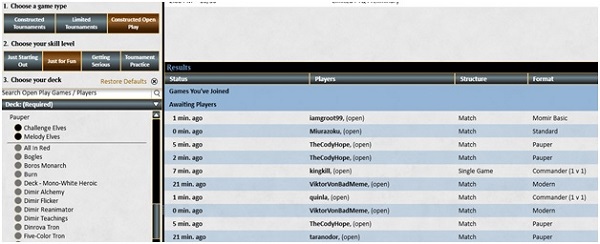
From here you have a couple options to start earning some value and building your collection from the ground up. The most common way to do things is by checking out the Magic Online Friendly Pauper Leagues, events where you can play up to five matches on your own time. These low-risk events allow you to break even with a little upside for going 3-2 or better. Even if you go 2-3, you still get half of your entry back in the form of Play Points, the non-tradeable form of Event Tickets. These cost 8 Event Tickets or 80 Play Points to enter.

Lastly there's a lesser-known option of finding player run events and joining those. These events are exactly as the name describes: events that players run on the internet. Prizes are put up by the ones running it or else getting a sponsor to do so and are run using websites alongside chat areas in Magic Online. A popular example of a site like this is Gatherling.com where you can find not only Pauper events but ones for other smaller formats like Penny Dreadful. If you want to look more into that venue to start, known Magic Online grinder MakingSmartPlays made a YouTube video detailing in part how to build yourself up using these formats.
Maximizing Value
As MakingSmartPlays mentions in the above video, the biggest question on what events to play in is how much time and money you are willing to invest in your game. Do you have more time and less money? Player run events might be for you. But if you have a little money to drop on a deck, it might be better to dive right into paid leagues.
After all, player run events pay out in small doses. Even when compared to the paper events discussed last week, the gains are miniscule and take a lengthy period of time to build and grow your collection. Leagues on the other hand can be played in no time. Where a paper event that you can only play once a week will take up about three to four hours of your time for usually $10-15 net gains, a 4-1 record in a Magic Online league can earn you a comparable amount in only an hour and a half with the right deck. And the best part? You can play as many as you like back to back one after another.
This is the great thing about Magic Online compared to paper Magic. You can play whenever, however. Up until recently, I was working a job that often had me working night shifts where I wouldn't get home until well after midnight. As such, it became virtually impossible to attend tournaments at my local game store and I know many others are in similar situations. While it may not offer the same level of social interaction that a store can, it can bring you an endless way to play Magic, push your gameplay, and build yourself as a player. When I first started getting back into the format, for example, I was able to turn these:
Into these:
Now at this point you may be curious as to how a 4-1 record online gets you the same as a top cut payout at your LGS. Here's the prize structure for a friendly league on Magic Online:
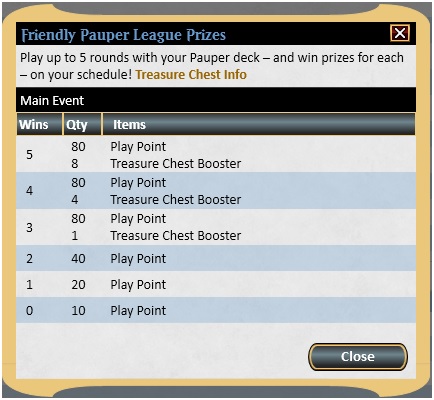
As you can tell, when you go 3-2 or better, you get 80 Play Points, enough to enter a whole other league, and a mysterious treasure chest booster pack. These special packs can only be obtained by doing well in events or by buying them from bots. They can have all kinds of crazy things in them. You might get a bulk rare and two Standard commons one pack, but then find that another has both a complete Standard legal set as well as a Wasteland. It's even possible to see a Black Lotus creeping out from a pack. If you want to see full details on what can be opened, Wizards has you covered.
Here's a few examples of what you might get when you crack the chests:
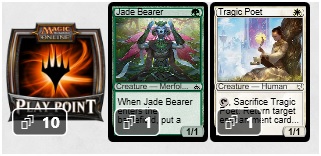
A couple Play Points (the equivalent of one lone Event Ticket) and some commons. Not too much.
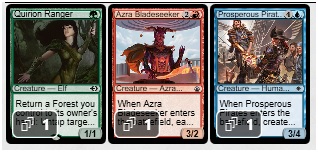
Hey, this one has some Pauper playables in it! Quirion Ranger is one of the cards that was given special new art treatment through the chests and Prosperous Pirates has seen play in some Familiars lists. The last card is a Battlebond card that isn't really used anywhere. This pack might not have netted much value-wise, but there's some cool cards here that can build your collection.
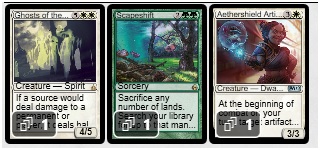
How about that? A Morningtide Scapeshift enters along with a second rare. Neither of these are worth too much, but the Scapeshift alone is worth about 2.5 Tix, which is comparable to the current Treasure Chest selling price of about 2.15 Tix. When you compare the total retail value on all these packs, you get about 4-5 Tix worth of stuff for packs that cost 6.45 Tix total. If you sold the Chests themselves, you would likely have gotten a proper six Tickets. As GoatBots' site lays out, the estimated value (or EV) on opening the packs extremely close to the actual pack price itself. A genuine rarity, it means it's not quite so bad if you want to open packs online, and it really helps that cards are extremely liquid online, allowing you to sell them at the turn of a dime.
You can use this method to build a pool of tournament entries to continue playing with or otherwise to build more decks with. One thing I only somewhat scratched the surface of last week was the sheer versatility of play the Pauper format has and how often players bring different decks to the table. This keeps gameplay fresh and allows you to play around the metagame more. Online, it's even easier than ever. This is thanks to the fact that if you have four of one card like, say, Chainer's Edict, you can use them across every deck you make and not need more.
For example, let's say you've been doing well with Mono-Black. You've had a lot of good matchups, such as Elves and Mono-Blue Delver, and got a nice stable stash of tickets in your collection. But the meta is shifting. It's slight, but you're noticing a shift away from your usual good matchups and dealing with painfully bad matchups yourself. You want to change it up a bit but want to keep things close to what your Mono-Black list was doing. Then you see a Dimir Alchemy list and realize you already have a number of these cards and can pick up the rest of the deck now for less than 10 Tix. This sort of thing allows you to slowly expand from one sort of deck to an entire format at your fingertips.
Upping Your Game
By this point, you've been playing a lot and want to start branching out. Pauper's given you a lot and still continues to do so. Despite building up toward other formats with it, it's become the format you now know the best and, with an arsenal of decks at your fingertips, you're ready to take on just about anything. Leagues have been great but you want something a little more rewarding.
Every Sunday, Magic Online holds a full premier level Pauper tournament called the Pauper Challenge. The entry for here is considerably higher, costing either 25 Event Tickets or 250 Play Points. That may seem high, but Top 32 all get prizes. This ranges from full entry back at the lowest level to double entry, one hundred Chests, and a full current set for first place. The events often hover between 60 and 70 people so if you're a decent player, it isn't difficult to break even at the very least here.
You can also use your Ticket stockpile you've been building to buy a deck for another format. Standard right now is great and Modern is more diverse than ever. Not only do these formats have Friendly League events like Pauper, but they also have Competitive Leagues. These cost more to enter and don't pay out to 2-3 or lower records, but the rewards are greatly improved. These events can also help tremendously as you start to test for other big events, be they local paper events or Magic Online Pro Tour Qualifiers.
Yeah, that's right. There's PTQs that can be played on Magic Online. While the Limited-based events still require you to qualify through a PPTQ to gain entry into a PTQ Finals event, Constructed PTQs do not have this. As such, they're much closer to the old style of PTQs where you join and if you win, you qualify for the Pro Tour. There's numerous other events to play as well, from the Magic Online Championship Series (MOCS for short) to simple drafts to do something a little different. If you can think of something you want to play, it's for sure available to you.
Lastly, if you want to use Magic Online to benefit your Paper career, you can do that as well. You can actually take your event tickets and sell them to places like Cardhoarder, for example. This can in turn be used to buy more cards, support trips to major events, or else even simply help pay some bills. Pauper is especially great for this, since it only takes a few hundred tickets to buy the format entirely. Once you have those, everything else is just gravy assuming that you don't have an interest in other formats.
If you do want to seriously check out other formats, be sure to check in next week as I go over how you can convert your play-styles in Pauper into other formats. Until then, keep crushing that grind!














